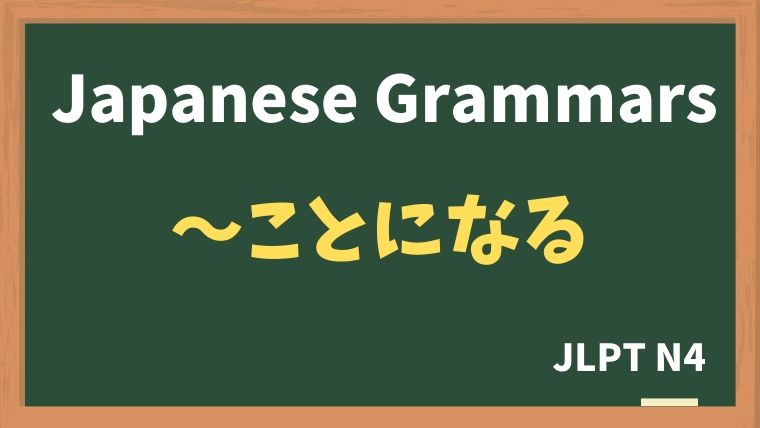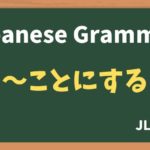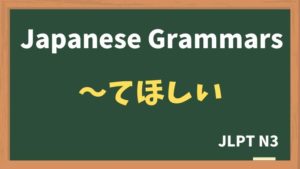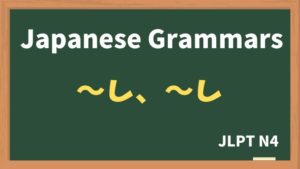
Explanation:〜ことになる
fa-check-circleMeaning
"something has been decided"
Used to describe decisions or situations that have been decided or will occur, often with the implication that the decision was made by external factors or circumstances beyond the speaker's control. It can also indicate that something will naturally or inevitably happen as a result of certain conditions.
fa-check-circleForm
V(dictionary form / nai form)+ ことになる
fa-check-circlePoints
- Decision by Others or Circumstances: "〜ことになる" is often used when the decision was made by external factors, not directly by the speaker.
- Natural or Expected Outcome: It can also describe a situation where something will naturally happen based on a series of events or rules.
- Unintended Result: Sometimes, it’s used to imply that the outcome was not fully intended by the speaker.
fa-check-circleJLPT Level
N4
Sample sentenes
来週 タイへ 出張することになった。
I'm scheduled to go on a business trip to Thailand next week.
来月の スピーチコンテストに 出ることになった。
I've been selected to participate in the speech contest next month.
来週の イベントは 参加者が 少ないので 中止することになった。
The event next week has been canceled because there are too few participants.
親の 仕事を 手伝うために 来年 国へ 帰ることになりました。
I will be returning to my home country next year to help my parents with their work.
Vocabulary
| Japanese | English |
| しゅっちょうする | to go on a business trio |
| でる | to join |
| さんかしゃ | guest / participant |
| ちゅうしする | to cancel |
| おや | parent |
| てつだう | to help |
Comparison: "〜ことにする" vs. "〜ことになる"
"〜ことにする" emphasizes the speaker’s active decision.
りょこうに いくことにした。
I decided to go on a trip.
"〜ことになる" shifts the focus to a decision made by others or circumstances.
りょこうに いくことになった。
It has been decided that I will go on a trip
This implies the decision may have been influenced by factors other than the speaker’s personal choice.







